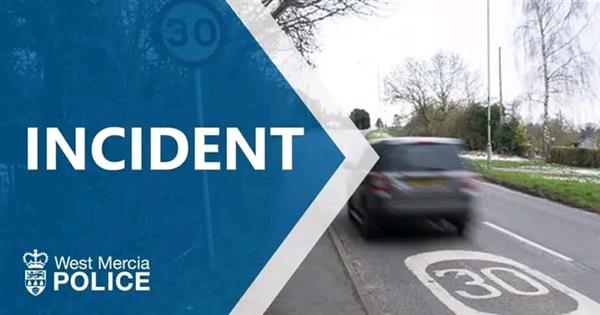
|
||
|
|
||
|
||
|
Doorstep Scammers |
||
|
Good afternoon Resident,
Doorstep Scammers… We recently sent out a message on Neighbourhood Matters providing advice and information around doorstep scams. Following this message being sent, we have seen a slight increase in the number of reports that we have received in the area near to where you live. This increase may be due to people being better informed having read that message.
The incidents that have been reported to us may be instances of aggressive sales, but if at anytime you are concerned about the tactics used by someone at your door, my advice would be to treat them the same as a scammer and decline their offer and close your door.
We have had reports of people visiting addresses saying they represent businesses, energy suppliers and charities. Given we have seen an increase in reports in the area, I thought it may be useful to remind you of this advice again, so I have copied the message below.
If you know anybody who may be vulnerable to doorstep scammers, or aggressive sales techniques, share this message with them, or perhaps drop in and see them and tell them in person. Hopefully you don't become the victim of a doorstep scam, and the information below is of use to you.
What is a doorstep scam? Doorstep scams happen when someone comes to your door and tries to scam you out of your money or gain access to your home. They can take the form of door-to-door sales, someone pretending to be a trader, charity collector or even someone in need of help. Doorstep scammers aren't always pushy and persuasive, and may even seem polite or friendly, but that doesn't always mean you can trust them.
What are some common types of doorstep scam? Here are some common types of doorstep scams to watch out for…
- Rogue traders Traders who say they've noticed something wrong with your property that they can fix. - Fake police or bank staff Watch out for people who come to your door claiming to be police officers or bank staff and ask to see your PIN or your bank cards. The real police would never come to your house and ask for this information. - Door-to-door sellers Be wary or pushy sellers who say they have large discounts, time-limited offers or only a few items left. - Utility 'officials' People who claim to be from gas and electricity companies but don't have an official ID badge. - Unexpected deliveries Deliveries of any goods or products that you didn't order. - Fake charity collectors People who go door-to-door saying they're charity collectors. They may seem pushy or be unable to supply a registered charity number. - Strangers who try to enter your home People who ask to come into your home because they say they need help, for example to use your phone, or because they feel unwell or want to use the toilet.
How can I protect myself from doorstep scams? Remember, you don't have to open the door to anyone you don't know. If you are opening the door to a stranger, always think: Stop, Lock, Chain and Check. Remember – if it sounds too good to be true, it probably is.
Kind regards, Rich Edward Safer Neighbourhood Officer | ||
Reply to this message | ||
|
|






